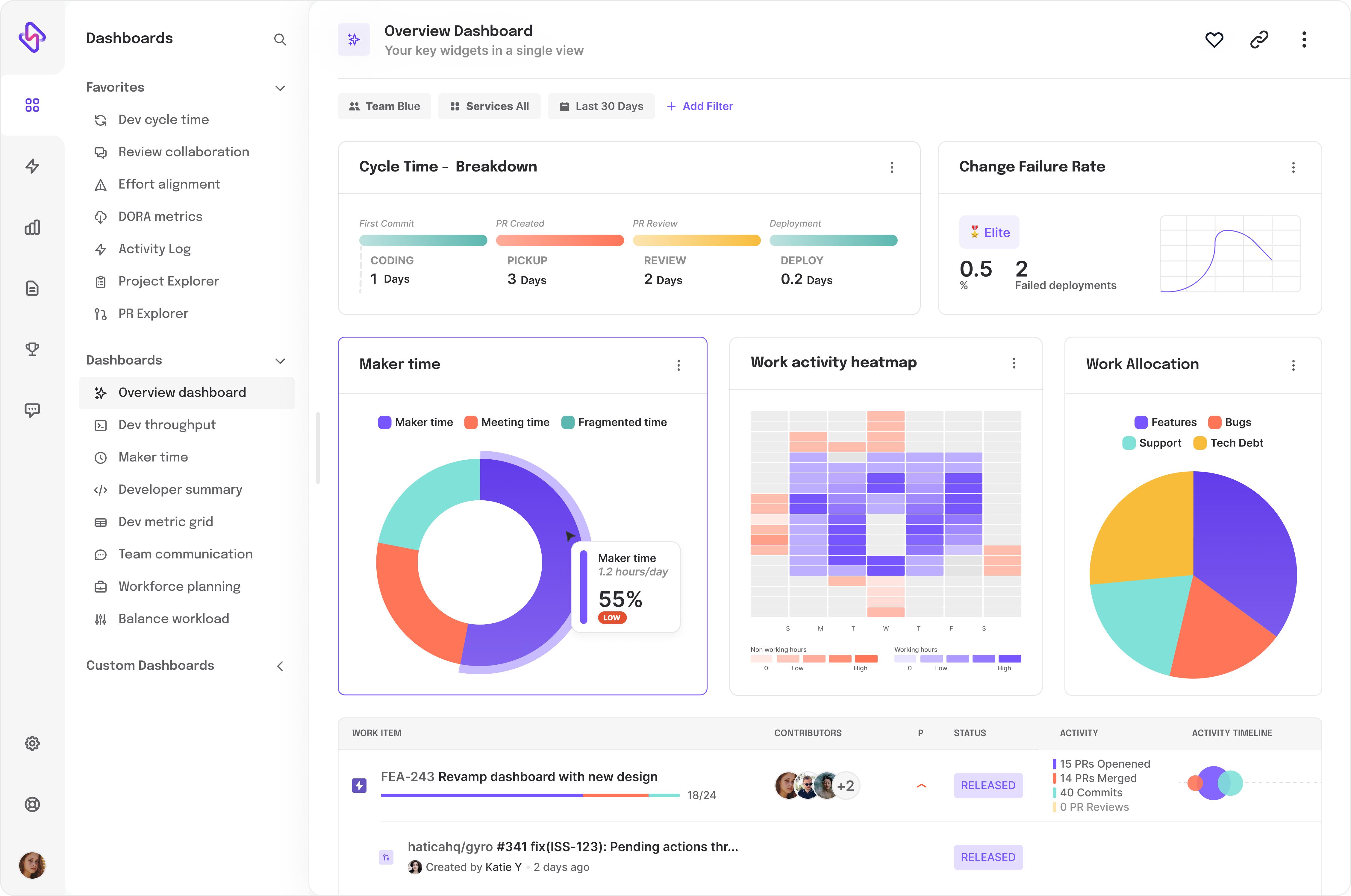Jenkins is a popular open-source automation server that has been around for over a decade since its development in 2004 by Kohsuke Kawaguchi. It is written in Java and was first released in 2011 and has since become a go-to tool for software development teams around the world. The question of whether Jenkins is still relevant in 2024 is a valid one, considering the ever-changing technological landscape. In this article, we will examine the current state of Jenkins and determine whether it is still a relevant tool for software development teams.
What is Jenkins?
Jenkins is an open-source automation server that is used to automate parts of the software development process. It allows software development teams to automate the building, testing, and deployment of their software. Jenkins achieves this by providing a platform for the creation and execution of workflows that define the different stages of the software development process. Jenkins is highly customizable, and users can add plugins that extend its functionality.
Why Is Jenkins Still Relevant in 2024?
Short answer, yes. Jenkins is still relevant in 2024. While there are newer automation tools available, Jenkins remains the popular choice for many software development teams. There are several reasons for Jenkins' popularity:
- Jenkins is highly customizable: Its platform provides a wide variety of plugins that allow teams or indie developers to extend its functionality, and tailor it to their specific needs. This flexibility has made Jenkins a popular choice for software development teams that require a tool that can adapt to their unique requirements.
- A strong presence of a large and active community of users and contributors: The Jenkins community has contributed thousands of plugins that extend Jenkins' functionality and improve its overall performance. The community also provides support and resources to help users get the most out of Jenkins. Making it relatively easy for new and existing users to find answers to whatever issue they encounter.
- Integration across tool-stack: With its long presence, Jenkins easily integrates with a wide range of other tools that are used in software development. This includes version control systems like Git and SVN, and hosting platforms like GitHub, GitLab, and bitbucket. Build tools like Maven and Gradle, and testing frameworks like JUnit and Selenium, etc. This integration makes it really easy for software development teams to incorporate Jenkins into their existing workflows.
- Jenkins is reliable: Jenkins is a proven tool that has been used successfully by large software development teams around the world, and the reliability it offers to handle large software projects. This longevity and stability are significant advantages that cannot be overlooked for teams that require a tool that can be relied upon to perform critical tasks.
Finally, with its active community, Jenkins has continuously received feedback and has improved over the years to meet the requirements of developers. There’s been a regular release of updates and performance improvements that have enhanced its functionality, improved performance, and made it more user-friendly. These updates ensure that Jenkins remains a modern software tool.
Conclusion
In conclusion, I’d love to point out that while there are newer automation tools available, Jenkins remains a relevant and reliable tool for software development teams in 2024. Its flexibility, large and active community, integration with other tools, proven track record, and continuous improvement make it a popular choice for many teams. However, it is important to note that there are several alternative automation tools available that may better suit the specific requirements of your team. As always, it is important to carefully evaluate each tool before making a decision on which one to use.
TL;DR



